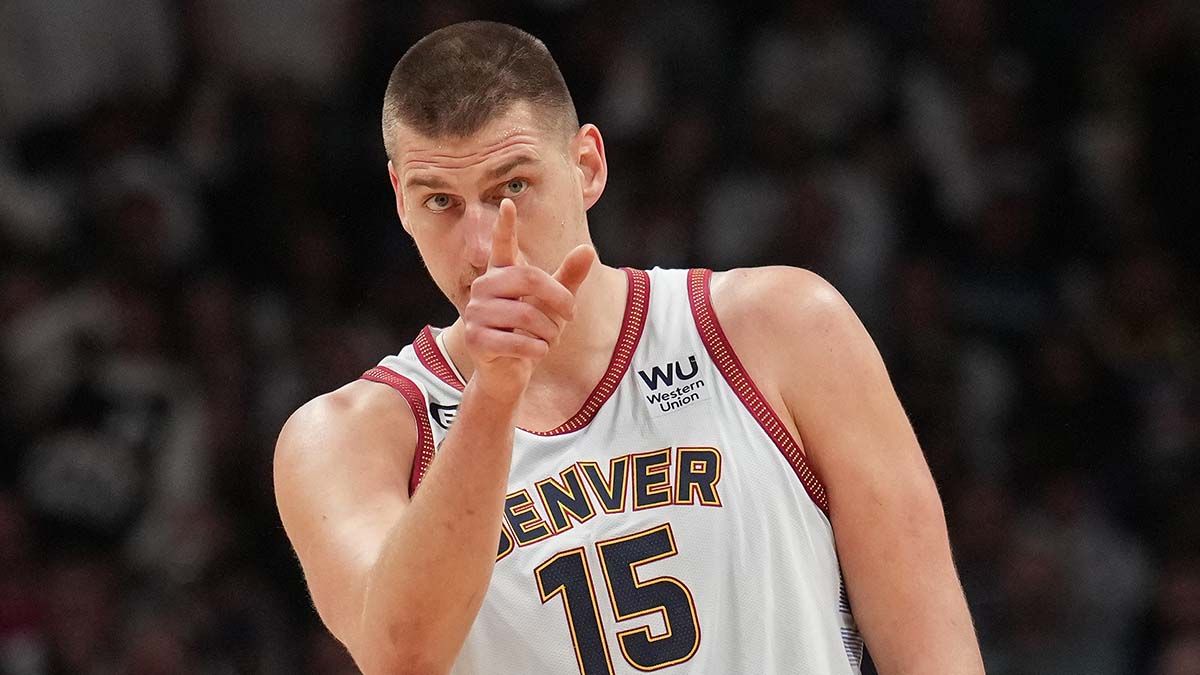2025 NBA MVP Odds Tracker


| Player | Odds |
|---|---|
| Shai Gilgeous-Alexander - Oklahoma City Thunder | -10000 |
| Nikola Jokic - Denver Nuggets | +1600 |
| Stephen Curry - Golden State Warriors | +45000 |
Odds via Caesars Sportsbook, updated in real-time. Confused? Learn more about how American odds work.
2025 NBA MVP Odds Comparison
Compare odds for the 2025 NBA MVP across all major U.S. sportsbooks.
| FUTURES | Consensus | Cons. | |||||
|---|---|---|---|---|---|---|---|
-4000 | -2500 | -10000 | -4000 | -10000 | -5000 | ||
+1200 | +1100 | +1600 | +1200 | +1500 | +1200 | ||
+45000 | N/A | +45000 | N/A | N/A | N/A |
Past NBA MVP Winners
Data via SportsOddsHistory
Odds via SportsOddsHistory
| Year | NBA MVP | Preseason Odds |
| 2024 | Nikola Jokic | +450 |
| 2023 | Joel Embiid | +600 |
| 2022 | Nikola Jokic | +1600 |
| 2021 | Nikola Jokic | +2500 |
| 2020 | Giannis Antetokounmpo | +210 |
| 2019 | Giannis Antetokounmpo | +475 |
| 2018 | James Harden | +1100 |
| 2017 | Russell Westbrook | +200 |
| 2016 | Stephen Curry | +650 |
| 2015 | Stephen Curry | +1600 |
NBA MVP Odds FAQs
Can I bet on who will win NBA MVP?
What is the NBA MVP award?
How do NBA odds work?
How can you bet on the NBA MVP Award?
Who won the NBA MVP in 2023-24?
When is the NBA MVP award announced?
Who has won the most NBA MVP awards?
Who votes on the NBA MVP award?
Who is the NBA MVP award named after?






































